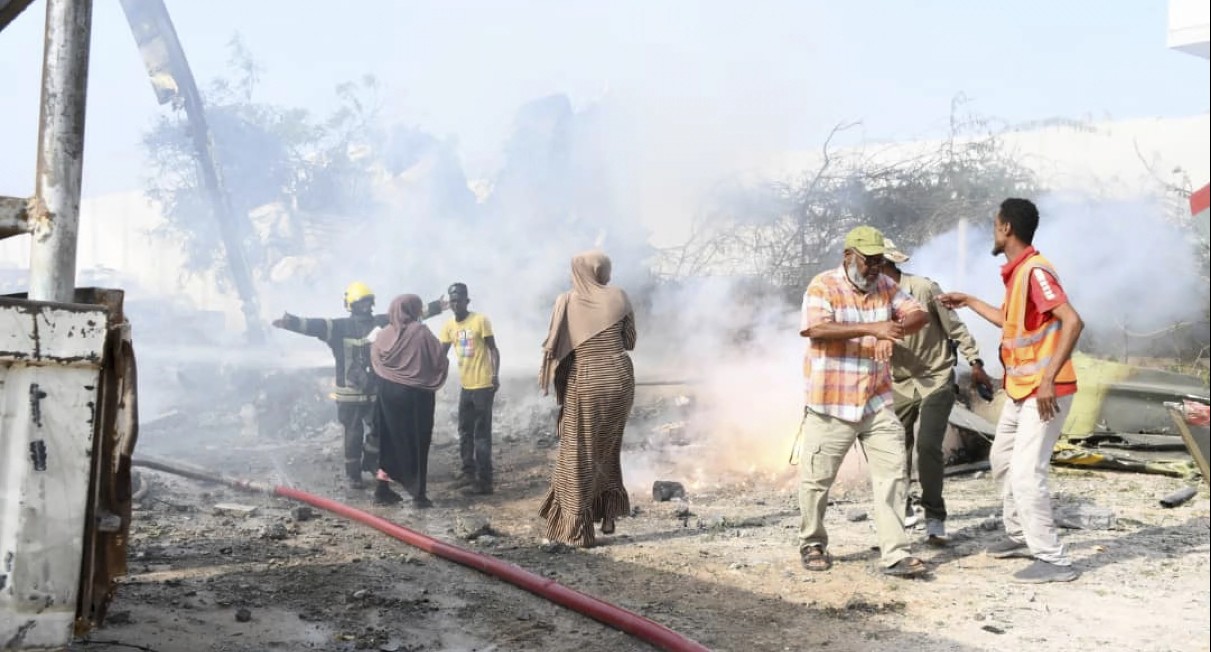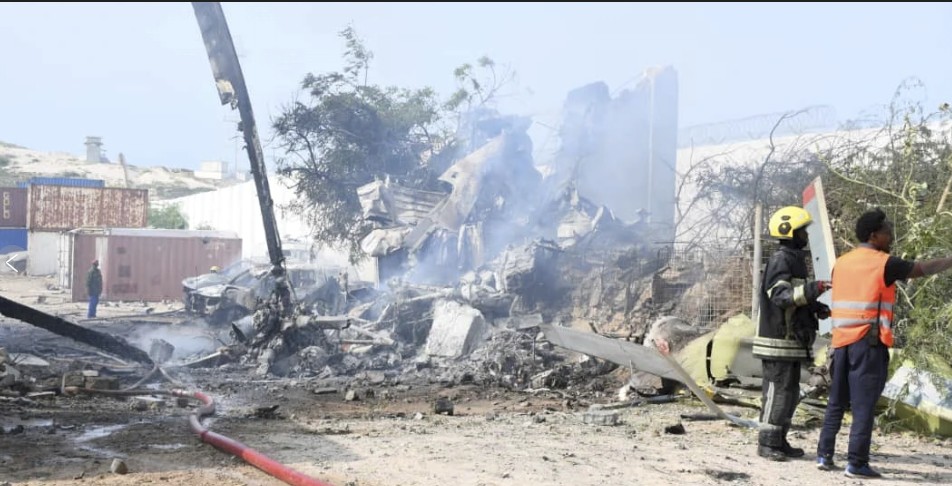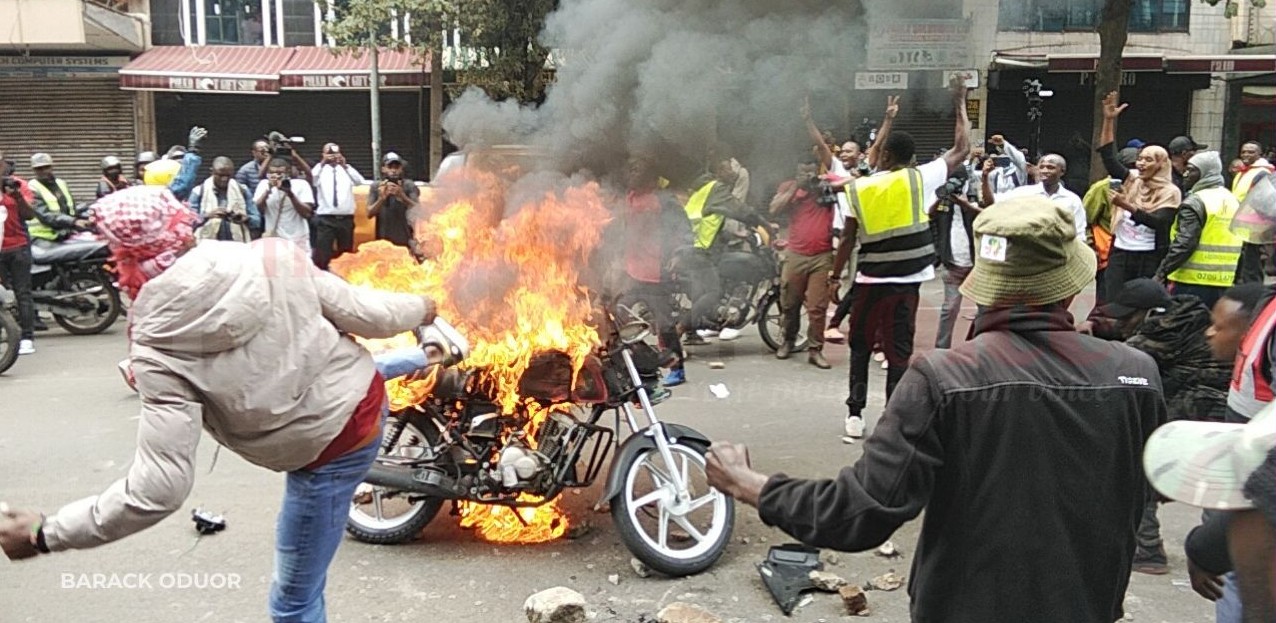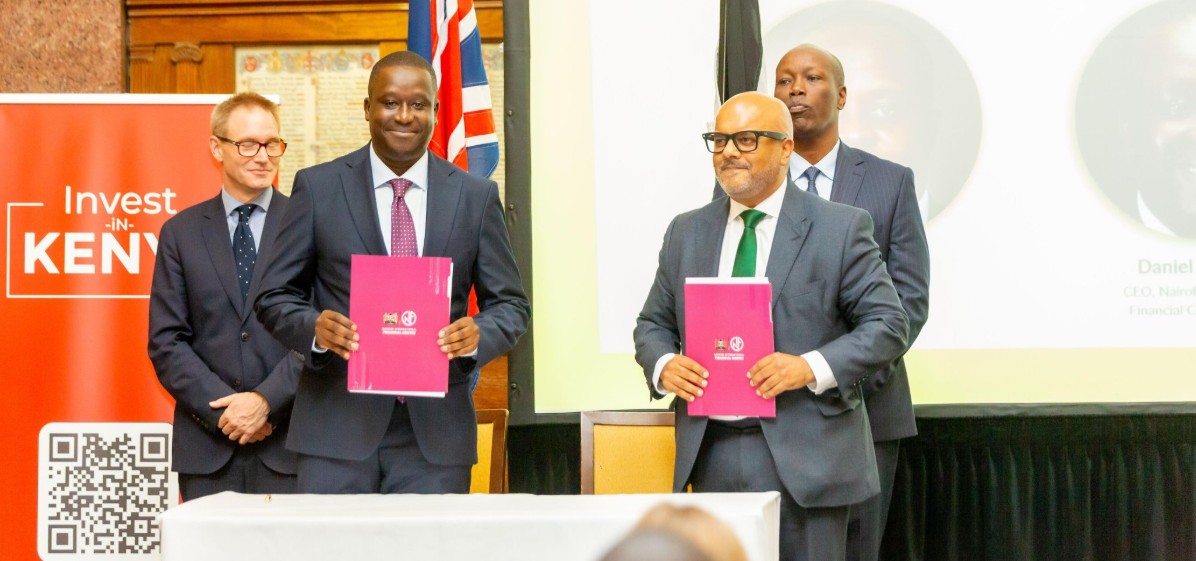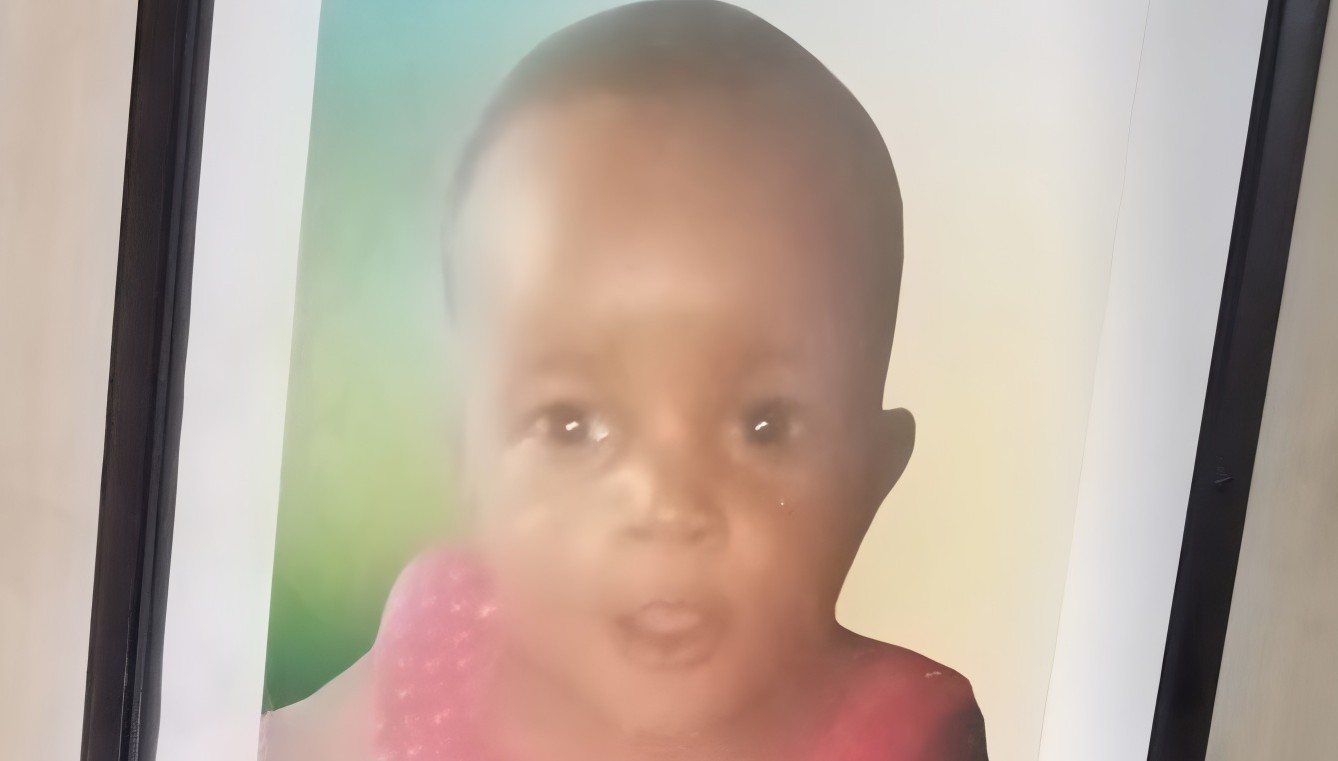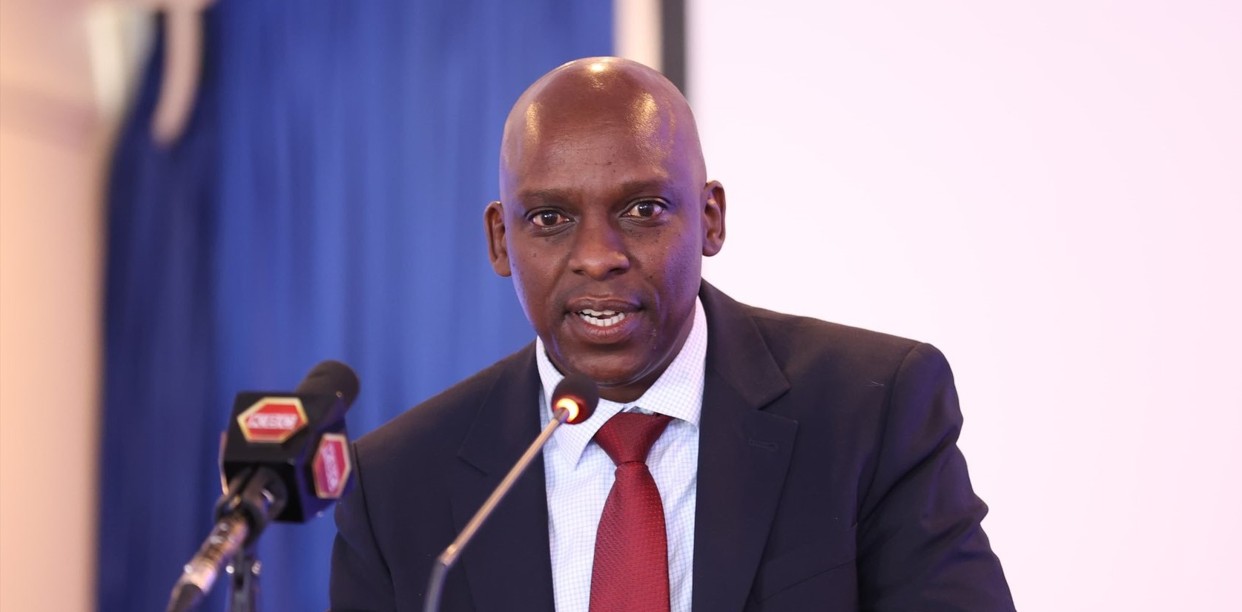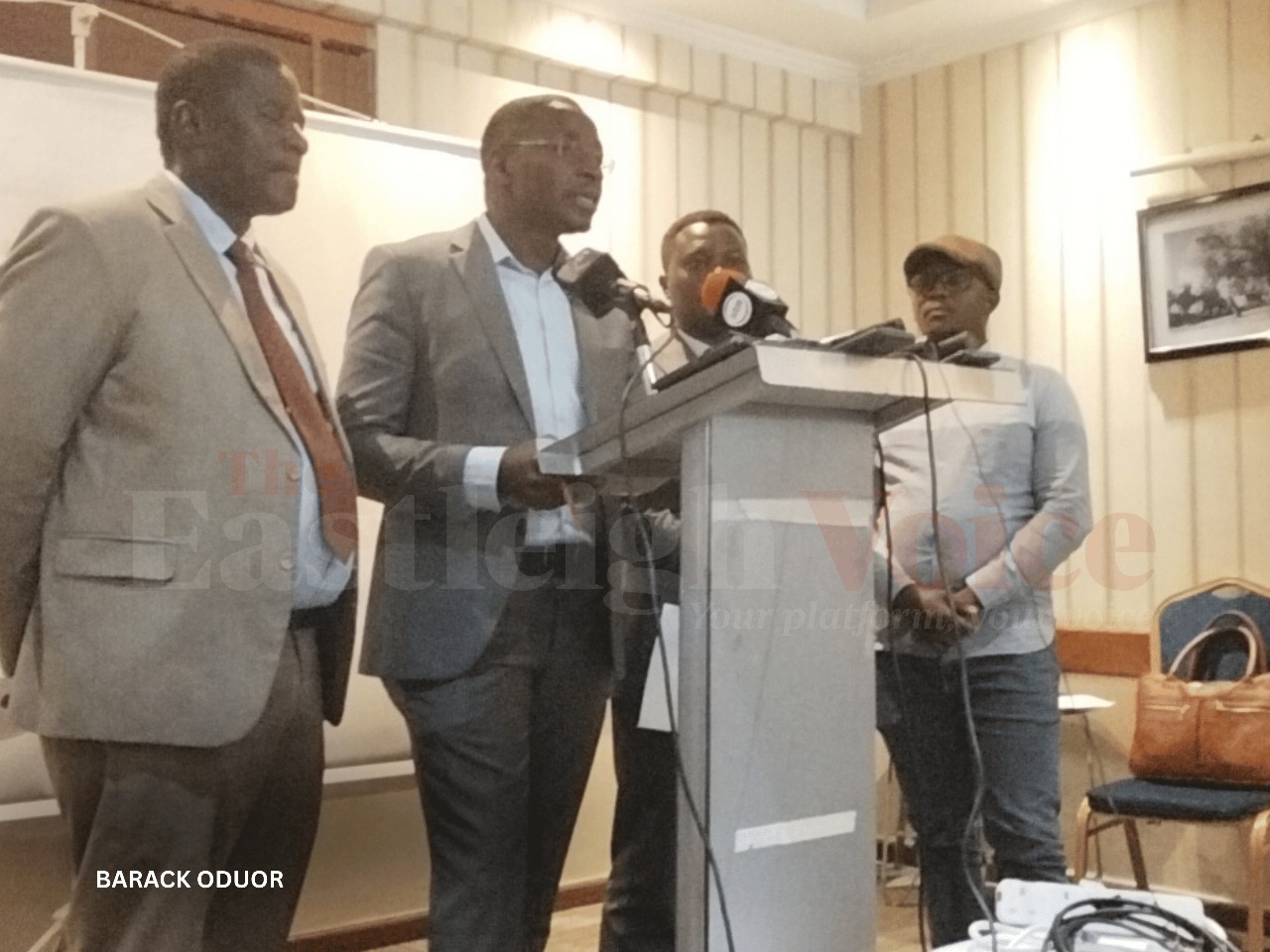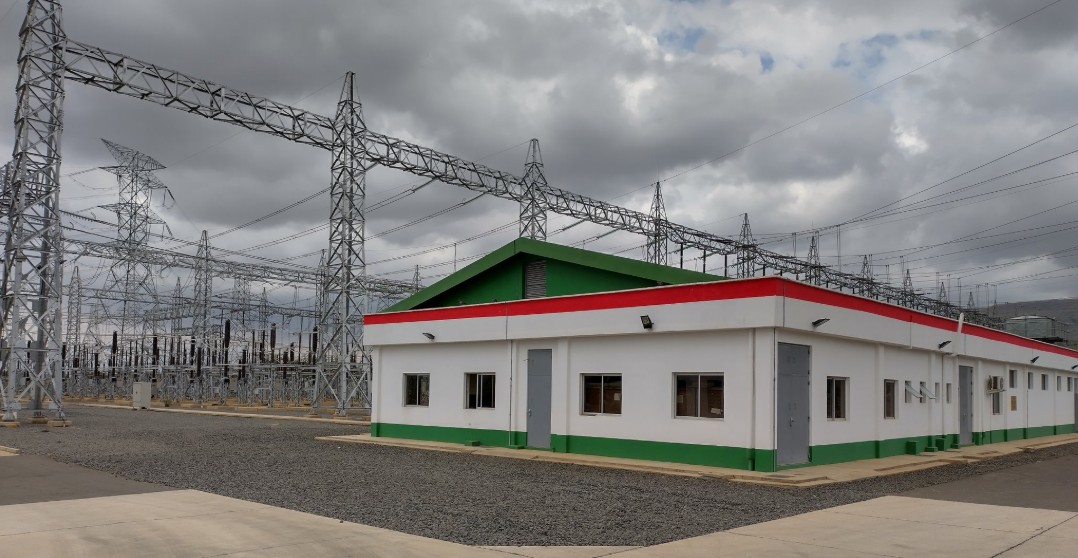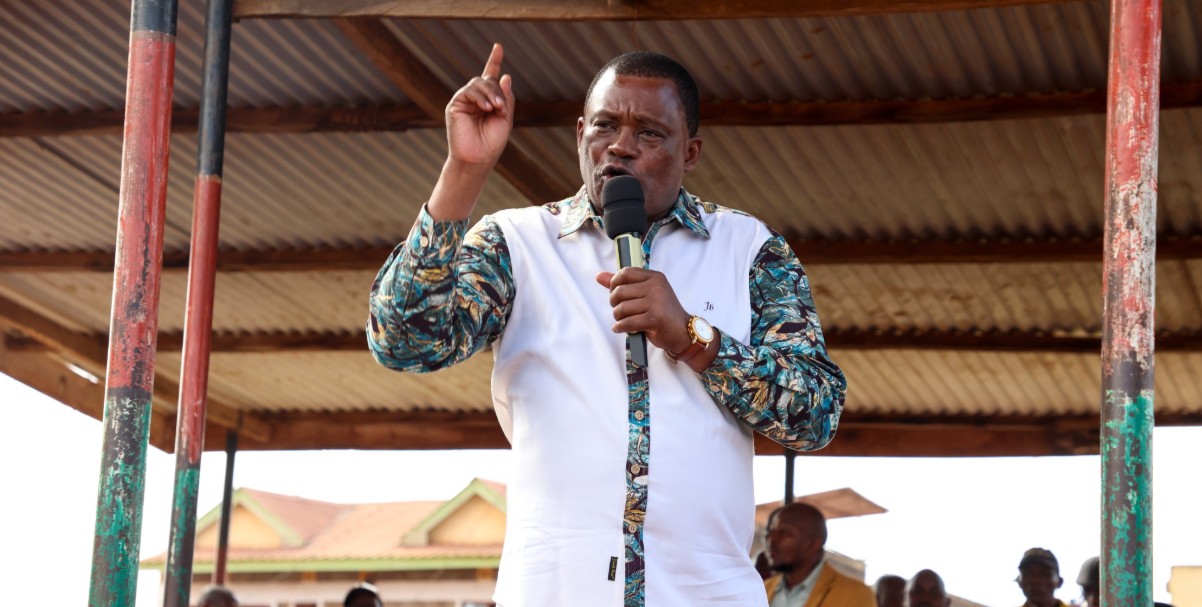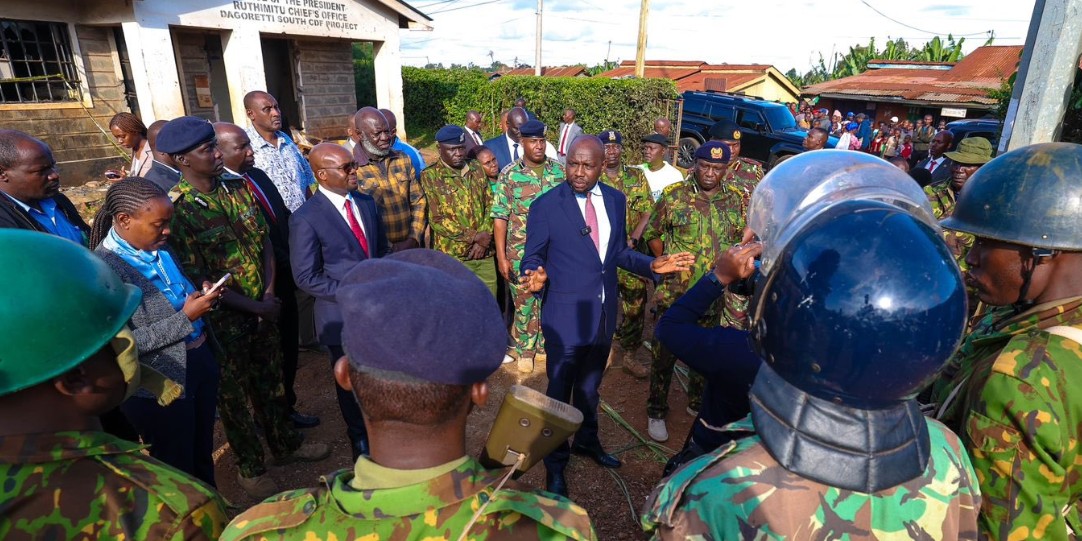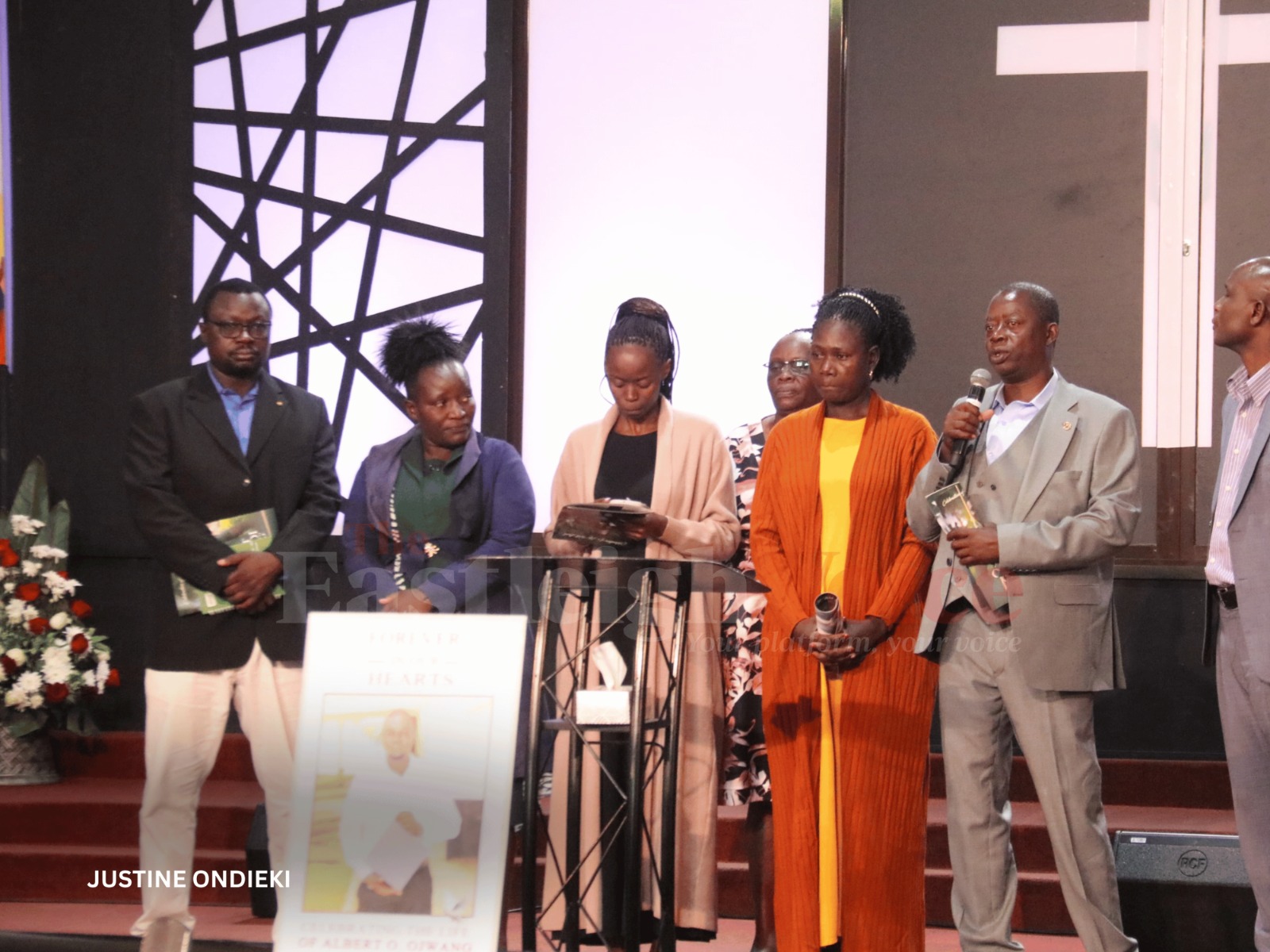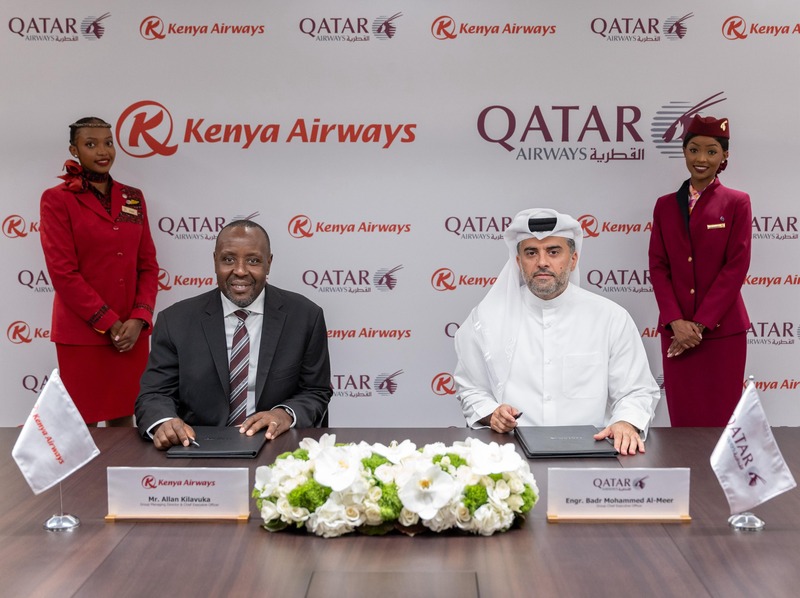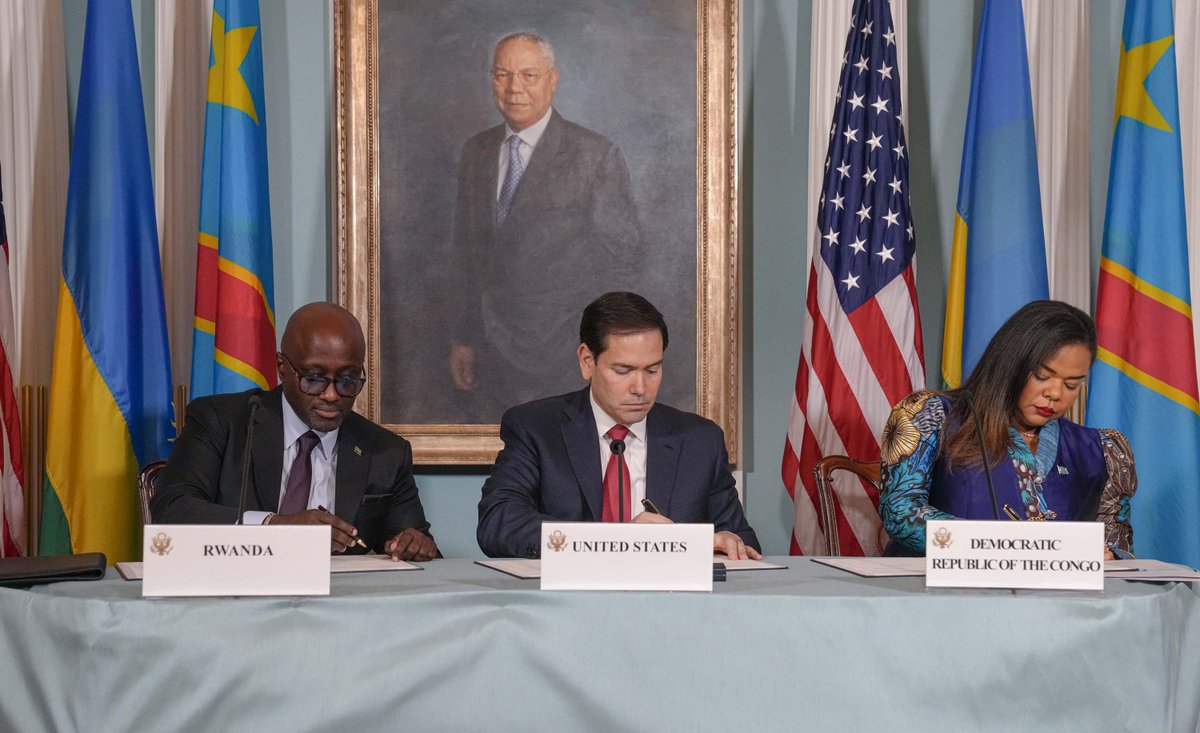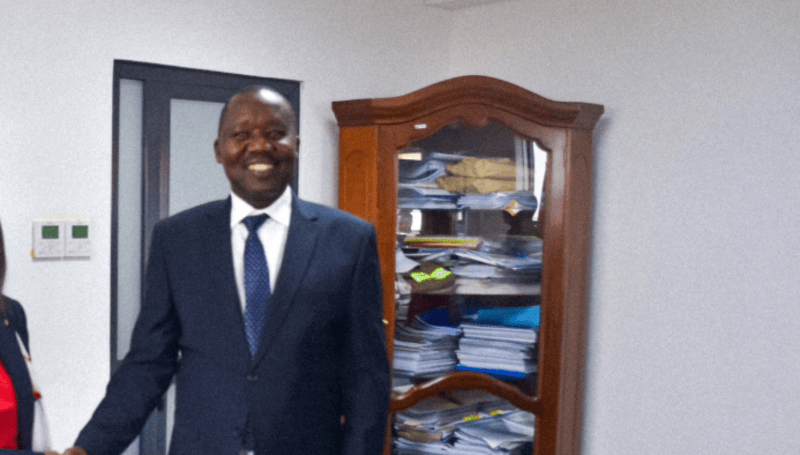Mombasa health facilities hit by severe medicine shortages, affecting patients
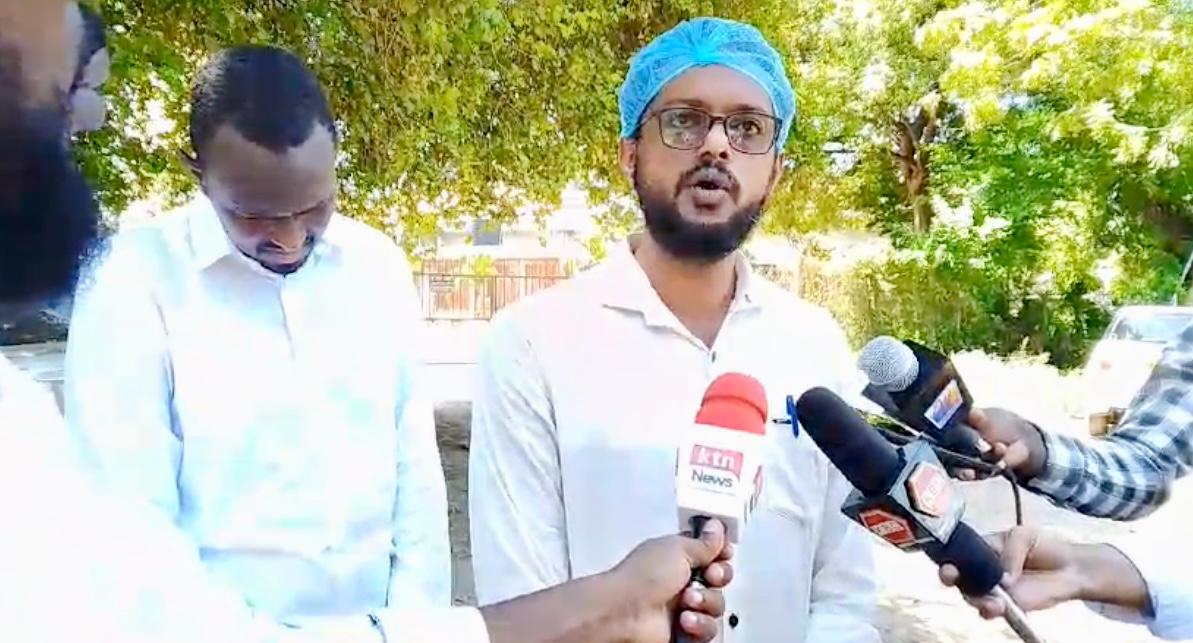
One carer is responsible for approximately 17,000 patients per day, causing many to work longer than their usual eight-hour shift.
Mombasa County's public health institutions are experiencing a serious scarcity of essential medicines, including pain relievers and those needed for surgical procedures.
Dr. Ghalib Salim, Secretary of the Kenya Medical Practitioners, Pharmacists, and Dentists Union (KMPDU) Coast Branch, acknowledged that patients are increasingly being compelled to acquire these drugs from private institutions due to a shortage.
More To Read
- KMPDU blames counties for ongoing health strikes, cites failure to honour agreements
- Kiambu doctors down tools as strike begins over pay, promotions and health insurance woes
- Behind the white coats: Kenyan healthcare workers battle burnout, grief and neglect
- Medical interns to begin posting on July 1 after online balloting
- Government to post medical interns starting July 1 - Duale
- Nairobi County doctors end month-long strike after securing key demands
"Currently, in Mombasa County, if you visit any health facility, from the smallest dispensary to the largest hospital, there is a significant shortage of essential medications," said Dr. Salim.
He stated, "These include antibiotics and pain relievers, which are essential for treating patients. We have been told that it could take up to two weeks for these medications to arrive.
Dr Salim further stated that the scarcity includes medications essential for surgical procedures. "In the event of an emergency, patients in need of surgery must now leave public facilities to obtain the necessary medications," he noted, adding that crucial medicines for pregnant women are also unavailable.
The lack of healthcare workers makes the situation worse. According to Dr. Salim, one carer is responsible for approximately 17,000 patients per day, causing many to work longer than their usual eight-hour shift.
Mombasa citizens have also expressed concerns about the situation.
"I had to buy antibiotics for my child from a private pharmacy because the hospital had none," said Amani Nyongesa, a local resident. He went on to say, "It's frustrating and costly."
Another resident, Fatima Ali, expressed concerns regarding surgical patients. "My cousin required emergency surgery, but the hospital could not deliver the necessary medications. We had to look for them elsewhere, which wasn't great." She said, reluctant to share the hospital's name.
Joseph Mwangi, whose wife is four months pregnant, underlined the impact on expecting mothers. "Pregnant women are particularly vulnerable. They rely on public health facilities for their medications, and it is concerning that these are not available."
Hassan Mohamed, a community leader, was critical of the county government's response. "This shortage has been going on for too long. The authorities must act quickly to guarantee that our health facilities are fully stocked and staffed."
In reaction to the ongoing crisis, KMPDU and the Kenya Union of Clinical Officers (KUCO) have planned additional rallies, accusing the county government of failing to implement their earlier requests.
Other Topics To Read
Top Stories Today
